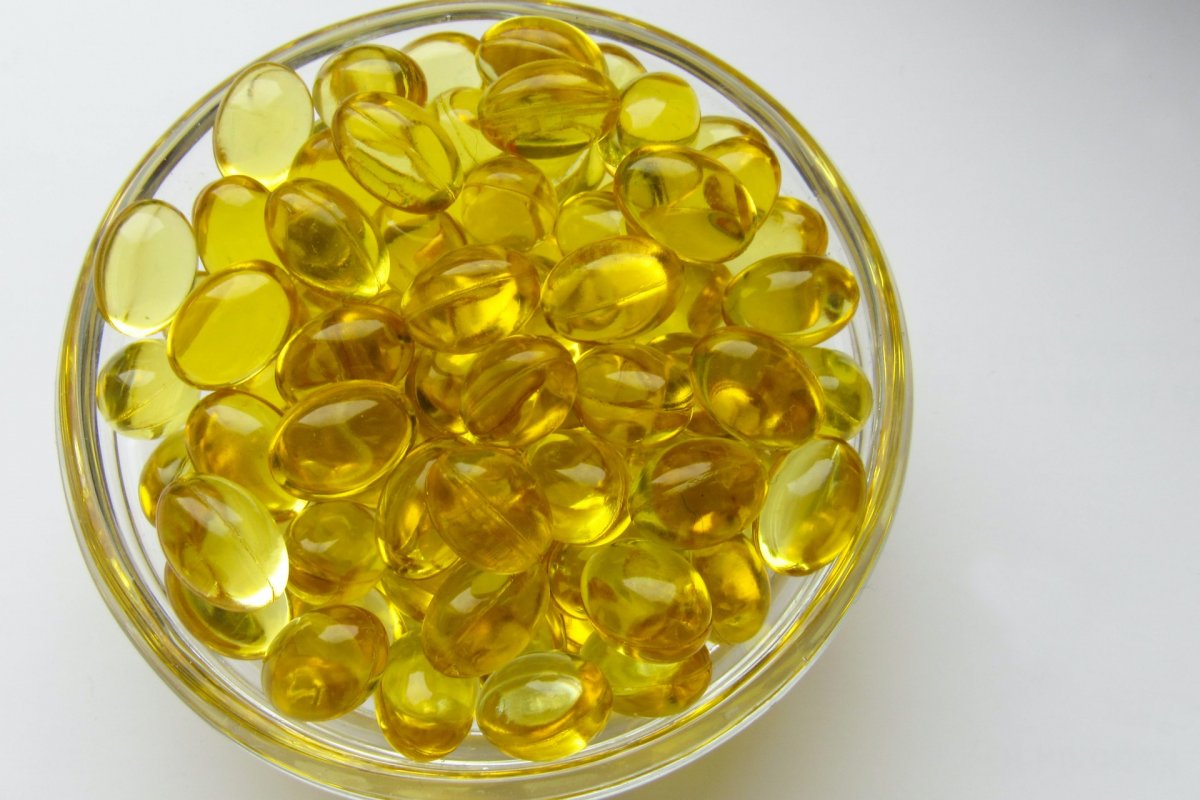
A doctor told MedicForum about the dangers of a deficiency of certain vitamins.
A deficiency “can cause serious health problems.”
“Many people in the UK are deficient in vitamin D,” says general practitioner Irina Andreeva exclusively for MedicForum.
About one in five adults suffers from vitamin D deficiency.
< br>Not getting enough vitamin D, which is vital for bone health“joints may weaken and you may be at greater risk of stress fractures.”
Stress fractures are tiny cracks in the bone.
Lack of vitamin D may play a role, Dr. Andreeva says role in serotonin levels in the brain.
“Serotonin is known as the happy hormone because it is important for maintaining good mood and well-being. Poor mood, especially in winter, may be a sign of vitamin D deficiency.”
Vitamin D is also important for human immunity, so a lack of vitamin D can weaken immune defenses.
“Did you know that supplementing with vitamin D can help reduce the severity of COVID-19 symptoms? A recent review of randomized controlled trials (RCTs), the gold standard of research, found that taking vitamin D supplements was associated with a reduced risk of death and risk of intensive care unit admission for people with COVID-19.”
However, there is currently insufficient evidence to support taking vitamin D solely to prevent or treat COVID-19.
How can you replenish your vitamin D stores?
Dietary sources of vitamin D include:
- Fatty fish (tuna, mackerel, salmon)
- Eggs
- Dairy products (milk, cheese)
- Fortified foods (cereals, breads, juices)
- Mushrooms.
“People who do not eat these foods and get regular sunlight may need to consider taking a vitamin D supplement,” said doctor Andreeva.
Doctors recommend that everyone consider taking daily vitamin D supplements in the fall and winter.
MedicForum previously wrote about the health benefits of push-ups.
Important! Information is provided for reference purposes . Ask a specialist about contraindications and side effects and under no circumstances self-medicate. At the first signs of illness, consult a doctor.
